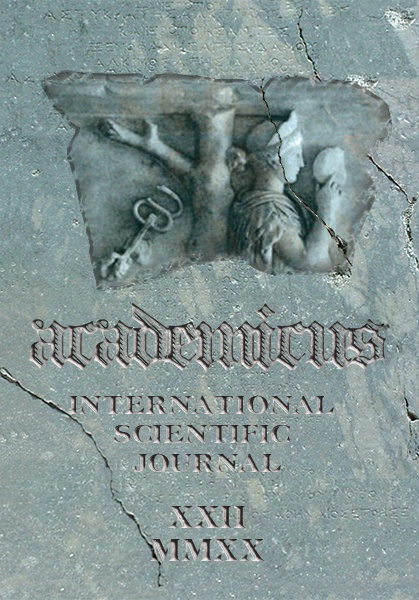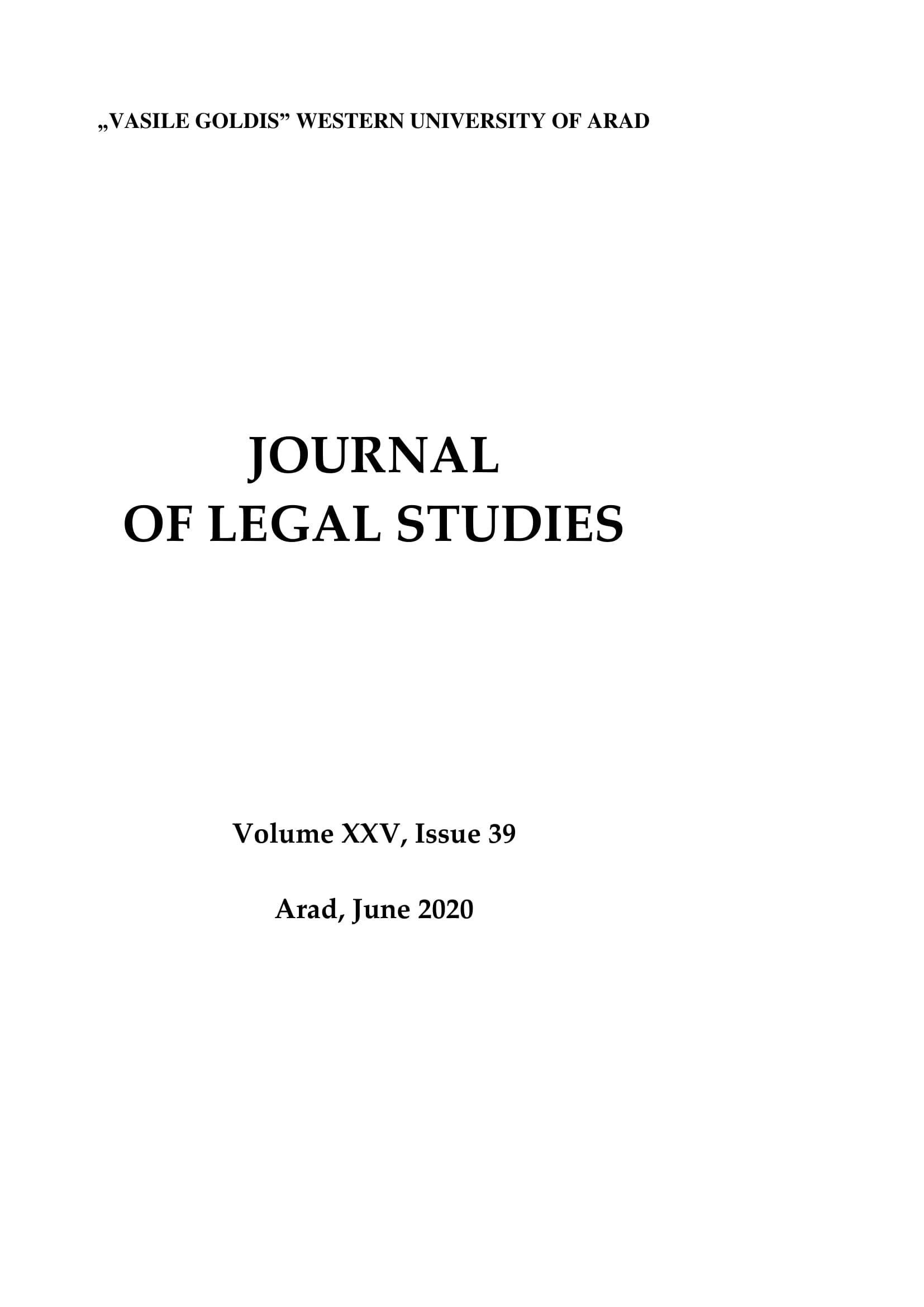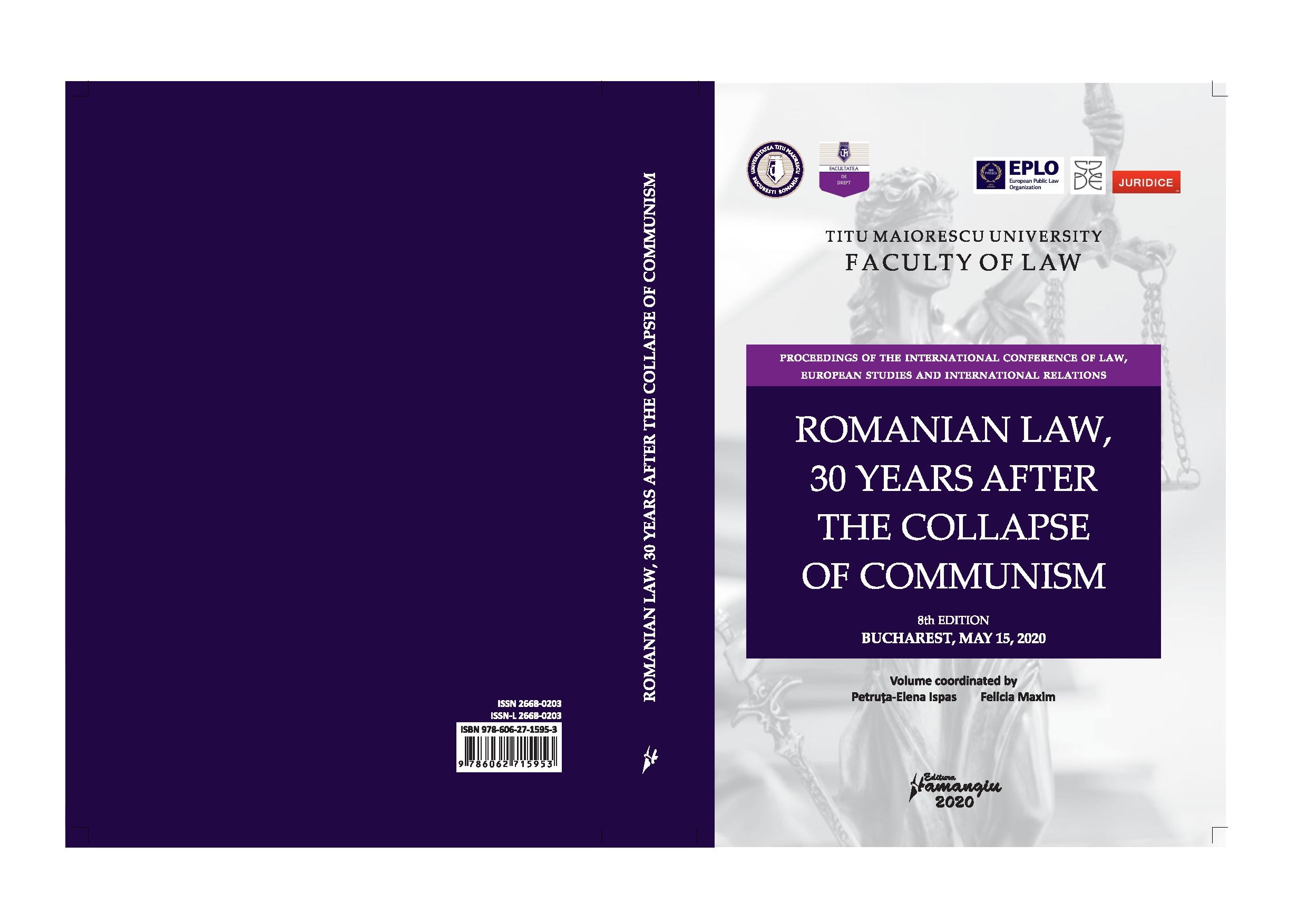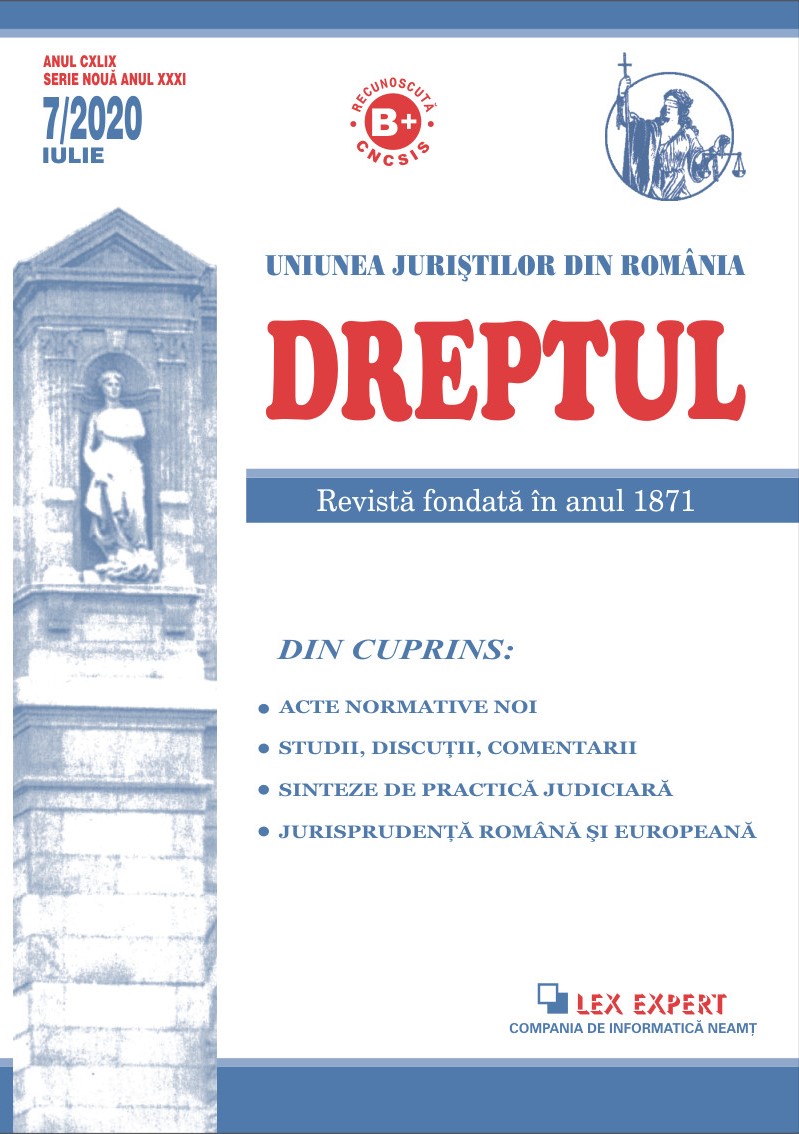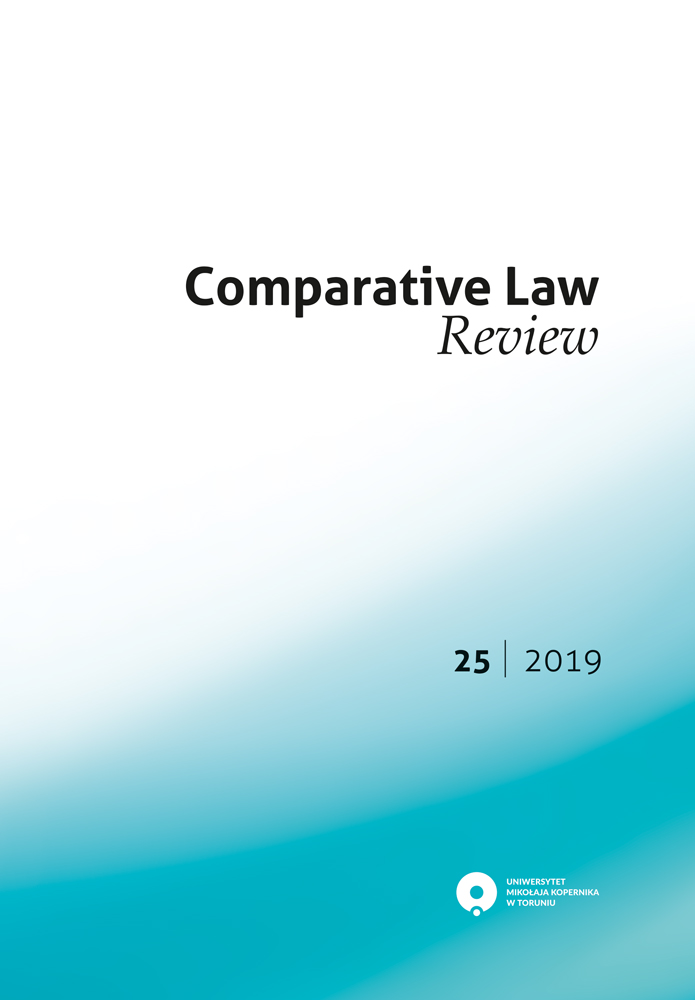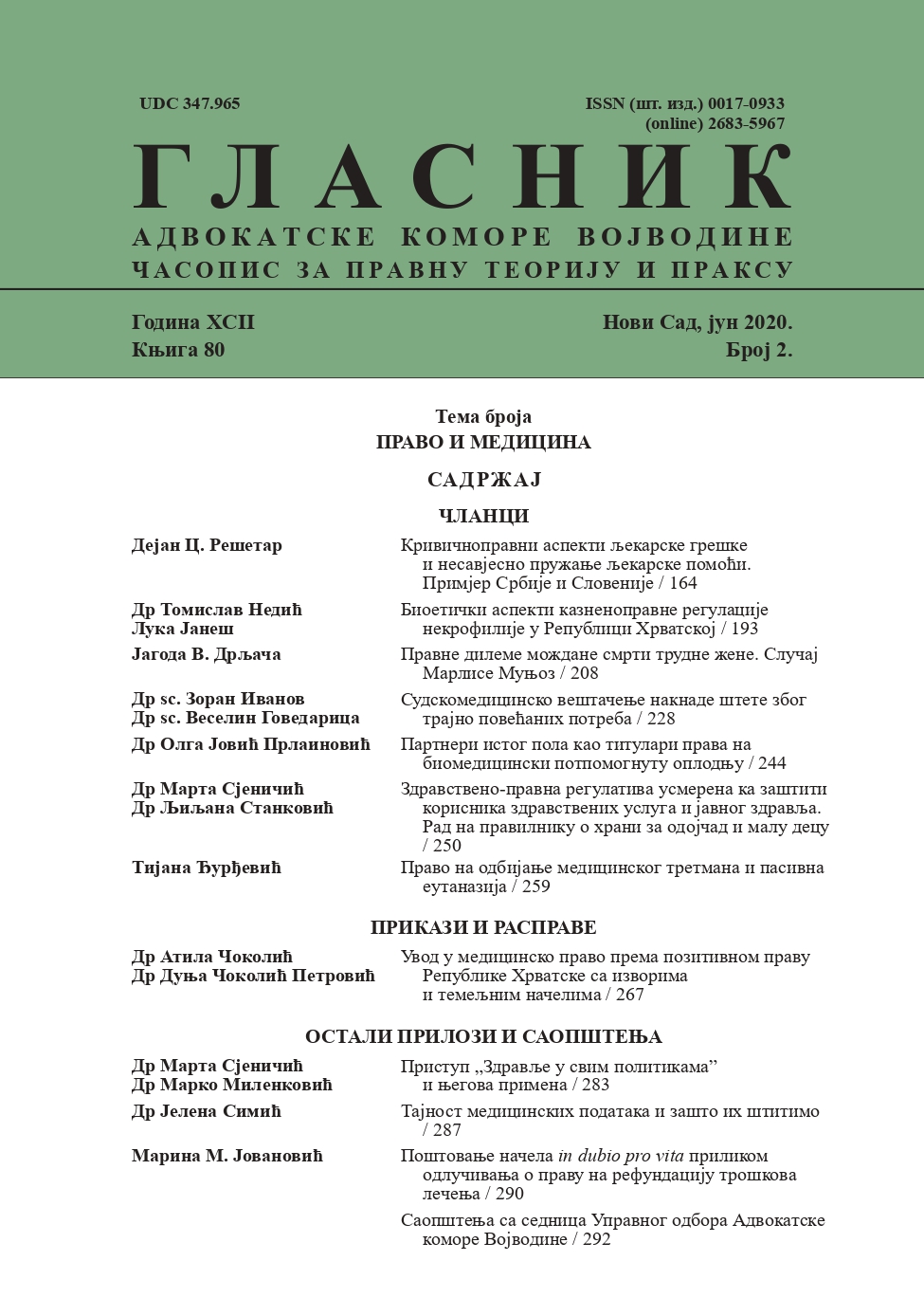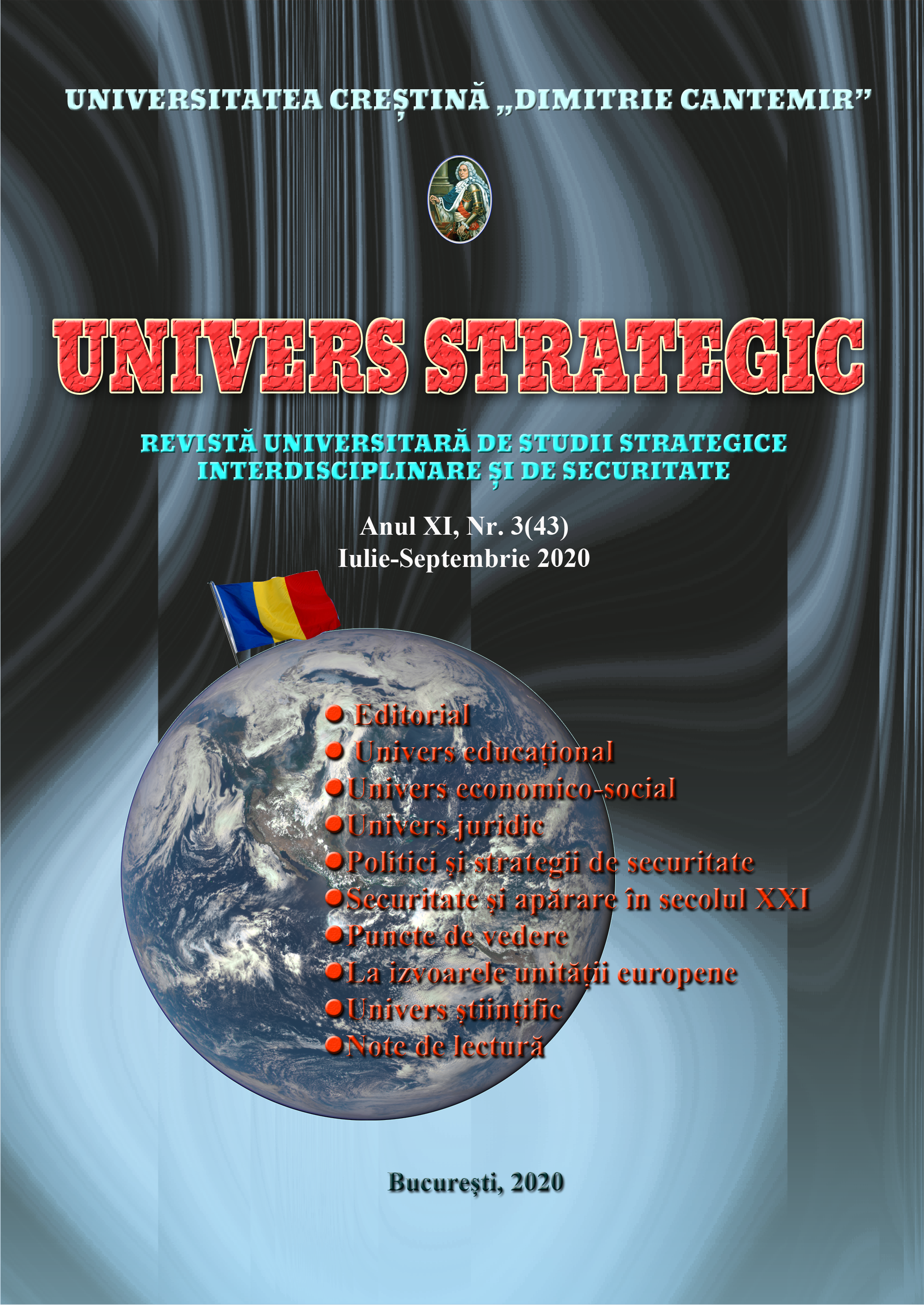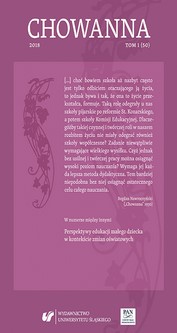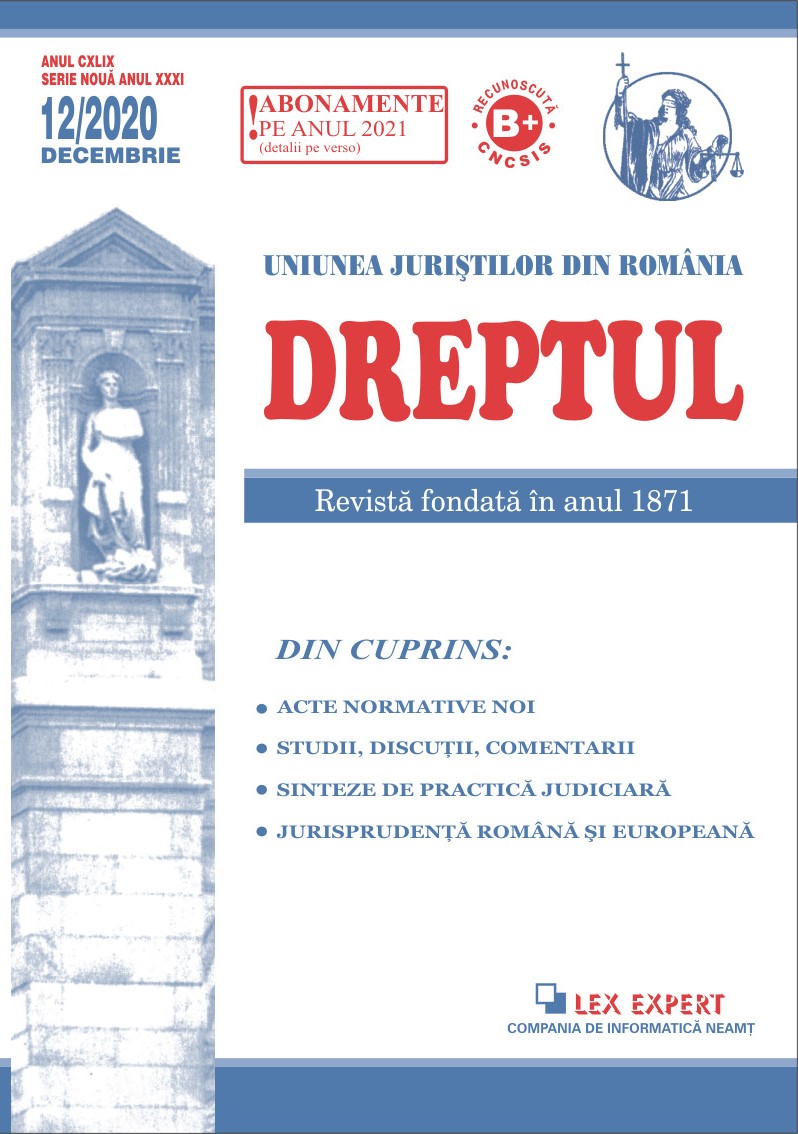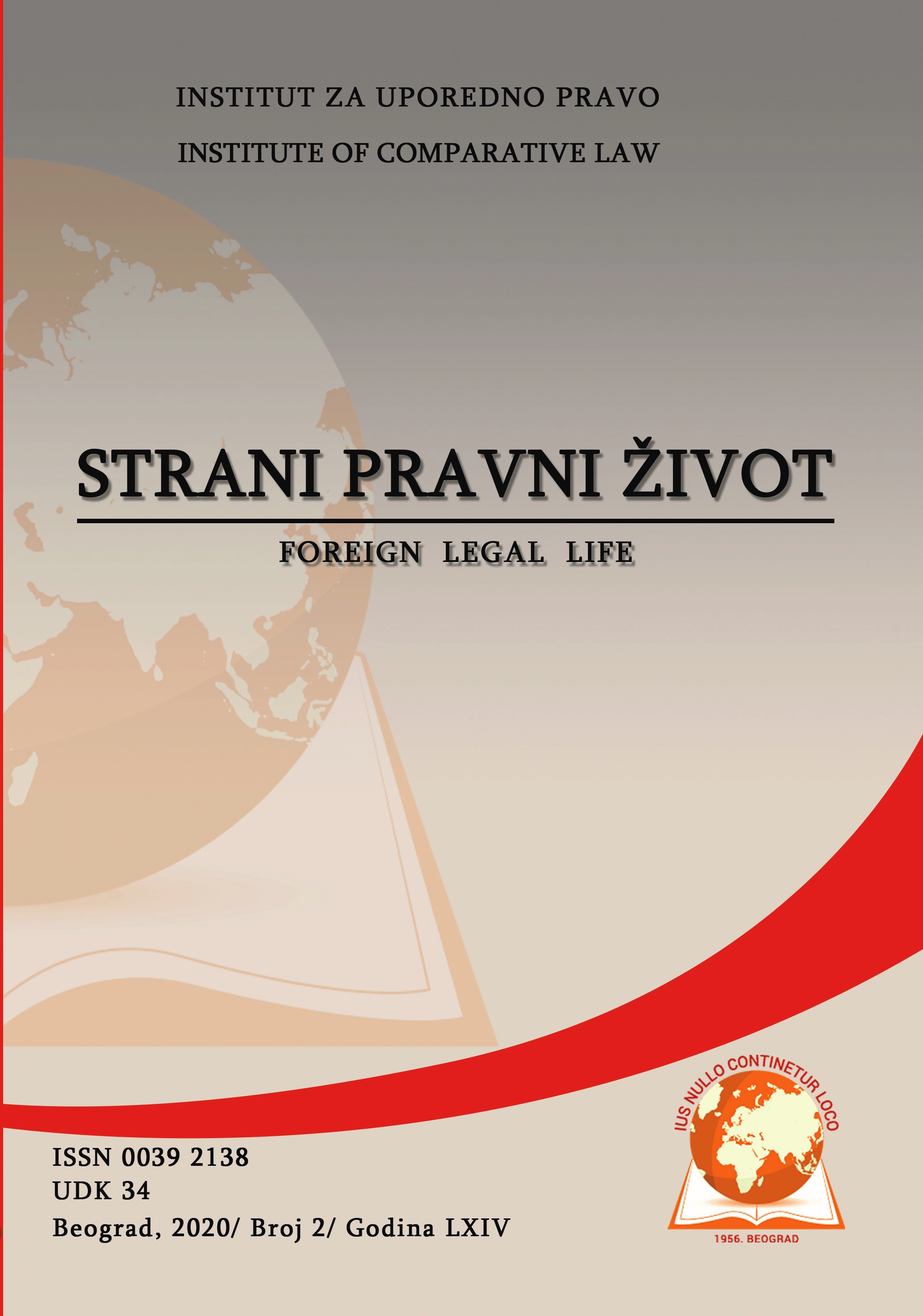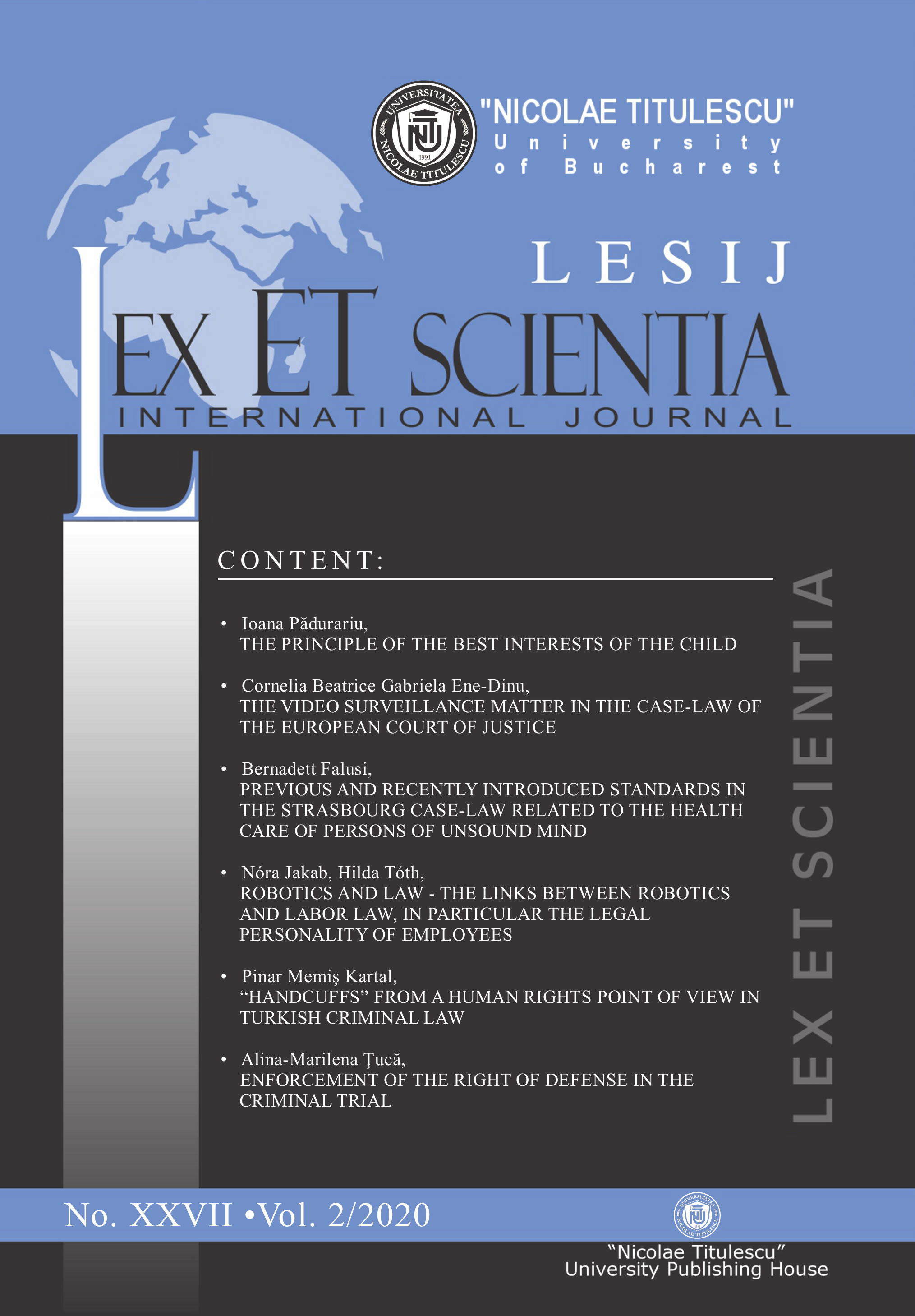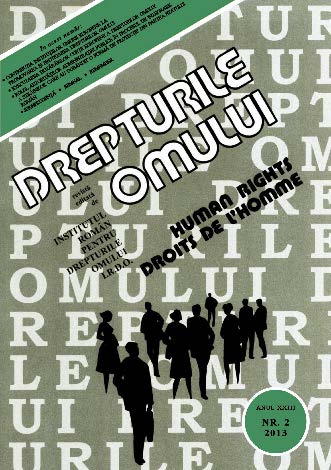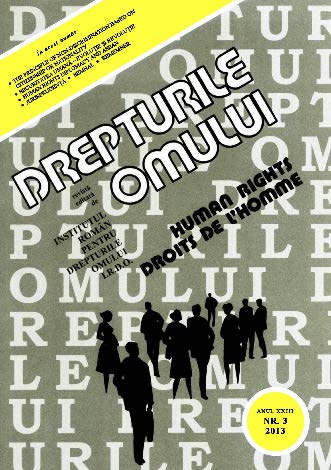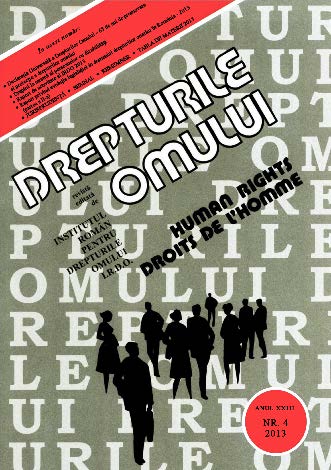Author(s): Viorel Gheorghe / Language(s): Romanian
Issue: 43/2020
Many times I thought about the reason behind millennial Latin legal basis „nemo censetur ignore legem” or „Ignorance legis neminem excusat”, and the limits that had been generated along? For example, to uphold that the great mass of society is presumed to know the rule of law, even more, to be able to absorb informations about it’s content and explanations provided by the legal text it self? My faith is not. And that reasons is more than reasonable. On the contrary, I would opine that the complex process of achieving justice in a proper manner and the application of the rule of law becomes operational on a real base, on the one hand, by the exercise of all categories of persons, and on the other hand (and only) as a result of the universal principle of „truth finding” that include the involvement in the judiciary - permanently or temporarily - have the task of carrying out the process to the end. So my concern is to elucidate the functional capacity of the law to enforce a judgment, a rule based on what exactly - especially in the courtrooms - which, by the effects can generate, including a potential miscarriage of justice.The principle of truth finding must be the very essence of all reasons behind the law enforcement and the primary task in judging any case by maintaing a guiding line and moralizing in the law enforcement activity it self imposed by any legal norm. However, I strongly believe that by applying the above illustrated motto - real but in a clearly form and somehow sad reproduced, in relation to what has come - can be called neither more nor less obstructing the truth, with high potential for translation, to negate the idea of justice, and on the plan of the philosophy of law with doubt in ensuring good and fairness in the citadel. The distortion of the principle of finding the truth evolves antinomy with the idea that all conditions which may lead to the establishment of the state of social good must be applied in a way that ultimately may lead precisely to invalidate, by replacing the principle pre-exposed. Only the consecration of truth, the protection of the actors involved in any way in the judiciary, will result in restoring the proper „social good” and not an imposition, limitation or proclamation which theoreticaly - means - the principle that each one of us is presumed to know the law.
More...

